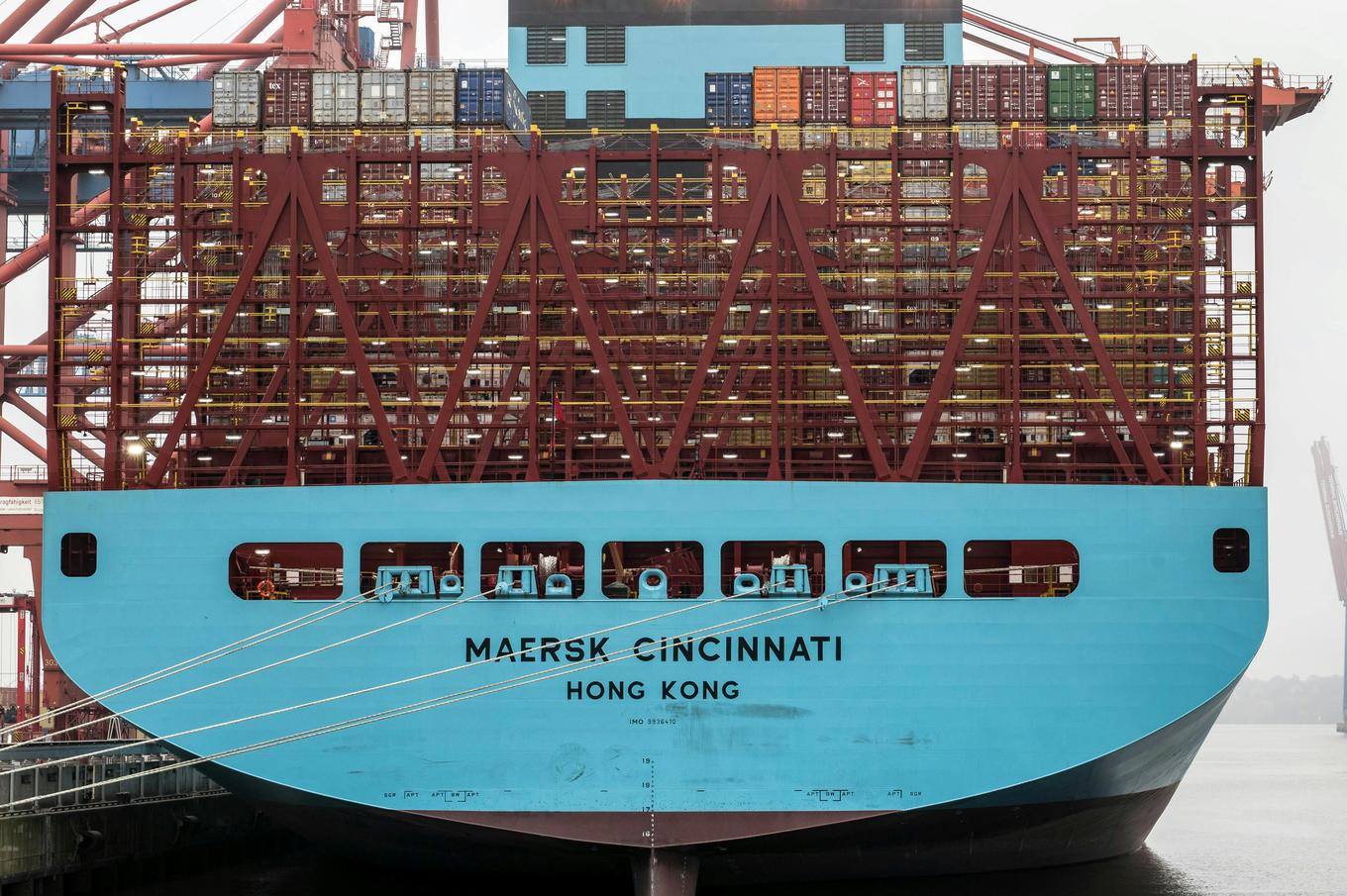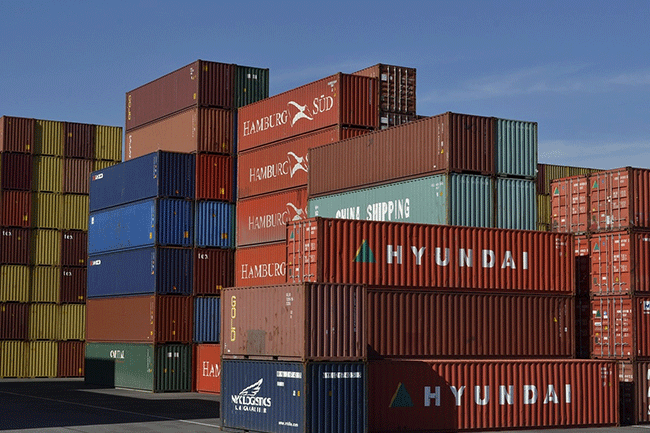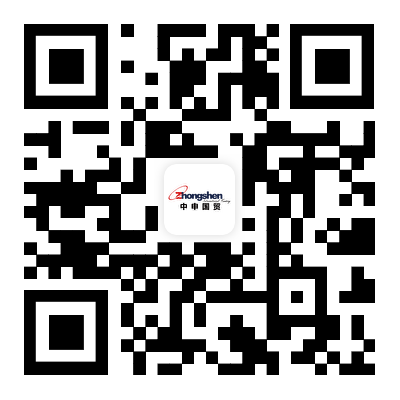- Shanghai Zhongshen International Trading Co., Ltd. – Your reliable partner with 20 years of import/export agency service expertise.

Japanese Imported Biscuits: Unlock Deliciousnessforeign tradeJourney
In today’s globalized market environment, importing specialty foods such as biscuits from Japan is rapidly becoming a popular way for many businesses to expand their reach. For companies engaged in importing Japanese biscuits, choosing a professional foreign-trade agent is essential.Zhong Shen International Trade Co., Ltd.As a professional specializing in import...Export Agent ServicesThe companies we serve possess outstanding expertise in documentation handling and logistics services, safeguarding your import journey every step of the way.
1. Professional document handling capability
- The Importance of Documentation
In the process of importing Japanese biscuits, document handling is an extremely critical step. Various trade documents—such as the Commercial Invoice, Bill of Lading, and Packing List—serve as the “passport” for goods in international transport and trade. Accurate and error-free documentation not only ensures smooth customs clearance but also helps prevent potential trade disputes down the line. - The Professional Advantages of ZhongShen International Trade
Zhongshen International Trade has a seasoned documentation team well-versed in international trade rules and the specific requirements of customs authorities worldwide. Take the import of Japanese biscuits as an example: the team can accurately prepare all declarations required by China Customs based on the information provided by the Japanese supplier. They scrutinize every detail that often causes problems—whether the product description on the invoice is clear and precise, whether the bill of lading header and endorsement are compliant—ensuring the documents are complete and accurate, laying a solid foundation for smooth cargo importation. - Practical advice
For importers, when communicating with Japanese suppliers, the standards and deadlines for document submission should be clarified in advance. Require suppliers to provide detailed and accurate product information—including the biscuits’ ingredients, production date, shelf life, etc.—so that the documents can be prepared correctly. At the same time, importers themselves should keep copies of all documents on file for future reference and verification.
II. Exceptional Logistics Coordination Capabilities
- Selection of Logistics Method
When importing biscuits from Japan, the common logistics methods areMaritime transportAndAir freight。Ocean freight is relatively low-cost and suitable for large-volume shipments, but the transit time is longer; air freight is fast and ensures quick delivery, yet it is more expensive. If your cookie order is sizable and not urgently time-sensitive, sea freight is the better choice; if you need to restock urgently to meet immediate market demand, air freight is more appropriate. - ZhongShen International Trade's logistics services
Zhongshen International Trade has established long-term, stable partnerships with a number of renowned shipping lines and airlines, enabling us to tailor logistics solutions for importing Japanese biscuits according to customer requirements. On the ocean-freight side, we secure comparatively favorable rates and vessel space while coordinating every step—loading, transit, and discharge—to ensure cargo arrives safely and on schedule. For airfreight, our thorough familiarity with airline procedures allows us to book space and complete customs formalities promptly, delivering the biscuits to domestic destinations in the shortest possible time. - Logistics Considerations
Since biscuits are classified as food products, special attention must be paid to storage conditions during transit. Whether shipped by sea or air, it is essential to keep the transport environment dry and at a suitable temperature to prevent the biscuits from becoming damp or spoiling. At the same time, regulations at the destination port or airport—such as customs clearance times and storage limits—should be checked in advance to avoid extra charges.
III. Challenges and Opportunities in the Context of International Trade
- Current international trade landscape
The current international trade landscape is complex and volatile: protectionism is on the rise and tariff adjustments are frequent, posing certain challenges to Japan’s imported biscuit business. For example, some countries may erect higher tariff barriers or impose stricter inspection and quarantine standards on imported food products in order to shield their domestic food industries. In addition, the recurring waves of the global pandemic have alsoInternational LogisticsIt has caused disruptions, leading to issues such as freight rate fluctuations and extended transit times. - Opportunity Analysis
Despite the challenges, there are also abundant opportunities. As living standards rise, demand for imported food keeps growing; Japanese biscuits, with their distinctive flavors and refined packaging, enjoy broad prospects in the domestic market. At the same time, the entry into force of the Regional Comprehensive Economic Partnership (RCEP) has created more favorable conditions for trade between Japan and fellow member states such as China, and the phased reduction or elimination of tariffs will help lower import costs. - Response Strategies
Faced with shifts in the international trade landscape, importers should closely monitor adjustments to trade policies worldwide and promptly adapt their business strategies. For instance, map out procurement and shipping plans in advance to cope with freight-rate volatility and longer transit times. Leverage the preferential terms of FTAs such as RCEP to cut import costs and boost the market competitiveness of your products.
IV. Product Certification Services (Assistance Provided)
- The necessity of certification
Importing Japanese biscuits requires compliance with China’s relevant food-certification requirements, such as the National Food Safety Standard certification. These certifications are key safeguards for domestic consumers, ensuring the quality and safety of imported food. Only biscuits that have passed certification may be legally sold in the domestic market. - Assistance services of ZhongShen International Trade
Although Zhongshen International Trade does not directly provide certification services, it will inform clients of the detailed information required for certification and assist them in the process. Leveraging its familiarity with food-certification regulations, the company guides clients in preparing the necessary documentation—such as product test reports and production-process descriptions—and coordinates communication with certification bodies to accelerate the certification process. - Customer Notes
During the certification process, the client must actively cooperate with Zhongshen International Trade by providing authentic and accurate information. They should familiarize themselves with the certification procedures and timeline in advance, plan their procurement schedule accordingly, and prevent delays in certification from causing goods to miss their scheduled market launch.
V. Russian Market and VTBConvert foreign exchange into RMBAdvantages
- Potential of the Russian market
Russia, as a vast consumer market, is seeing steadily rising demand for imported food. Japanese biscuits, thanks to their distinctive flavors, also hold promising growth potential there. If you plan to expand into the Russian market, Zhongshen International Trade can provide you with professionalImport and exportagency services. - VTB Settlement Advantages
When settling trade with Russia, Zhongshen International Trade enjoys VTB-based foreign-exchange convenience tailored to the Russian market. VTB is one of Russia’s major banks; by partnering with VTB, the settlement process is greatly streamlined. The general procedure is as follows: after your goods arrive in Russia and are sold, the Russian buyer remits the payment to your account at VTB (opened with Zhongshen’s assistance). Zhongshen will then help you prepare the documents required for settlement—commercial invoice, bill of lading, contract, etc.—in accordance with relevant regulations, and submit the settlement application to VTB. Once VTB approves, it will convert the foreign currency into RMB at the day’s exchange rate and transfer the funds to your designated domestic account. This convenient settlement method not only accelerates cash recovery but also lowers both the cost and the risk of foreign-exchange conversion.
VI. Import and Export Procedures and Solutions for the Southeast Asian Market
- Import Process
- Pre - preparation: Sign a purchase contract with the Japanese supplier, specifying clauses such as product specifications, quantity, price, and delivery schedule. At the same time, Zhongshen International Trade will assist you in conducting market research to understand the demand for and competitive landscape of Japanese biscuits in the Southeast Asian market.
- Documentation Processing: As mentioned earlier, prepare and review all types of trade documents to ensure compliance with the customs requirements of Southeast Asian countries. Different countries may have specific requirements for documentation; for example, Indonesia might requireOrigin CertificateMing (Certificate of Origin), Zhongshen International Trade will handle it according to the specific circumstances.
- Logistics and Transportation: Choose the right logistics method to ship goods from Japan to Southeast Asia. For port cities like Singapore, sea freight is convenient; for landlocked countries like Laos, a combined land-sea solution may be needed. Zhongshen International Trade will coordinate every link of the logistics chain to ensure your cargo arrives on time and in perfect condition.
- Customs clearance and cargo pickup: After the goods arrive at the port of destination, Zhongshen International Trade will assist you with customs clearance. Submit the customs declaration, commercial invoice, bill of lading, and other documents to the customs authority, and pay the applicable duties and VAT. Once the customs inspection is passed, you can collect the goods and arrange delivery to the designated location.
- Solution
Tailoring its approach to the trade regulations and market characteristics of each Southeast-Asian country, Zhongshen International Trade delivers customized solutions. For nations with stringent food-labeling rules, for instance, it steers clients through label design that meets local standards so products enter the market without a hitch. When trade disputes arise, the firm draws on deep experience and solid legal expertise to help clients resolve them smoothly.
In summary, when importing biscuits from Japan, partnering with a professional foreign-trade agent like Zhongshen International Trade gives you end-to-end support—handling documentation, arranging logistics, responding to shifting trade conditions, assisting with product certification, and delivering market-specific services—empowering you to succeed in your import operations.
? 2025. All Rights Reserved.










